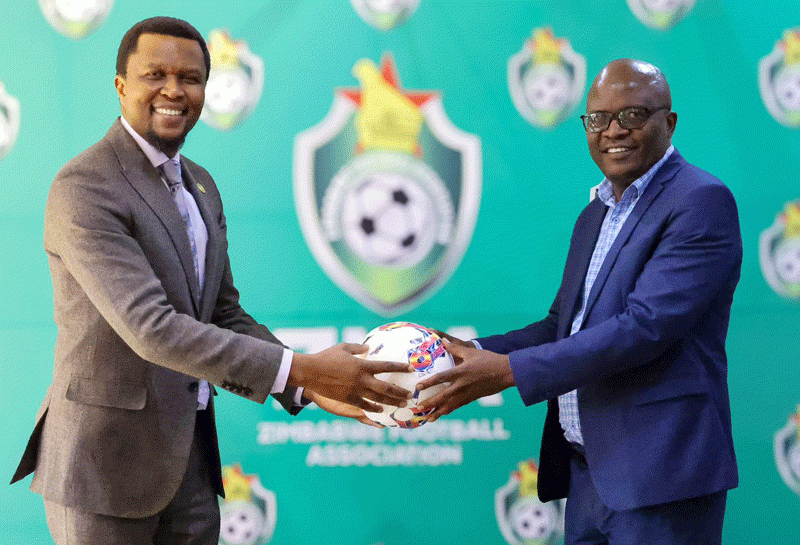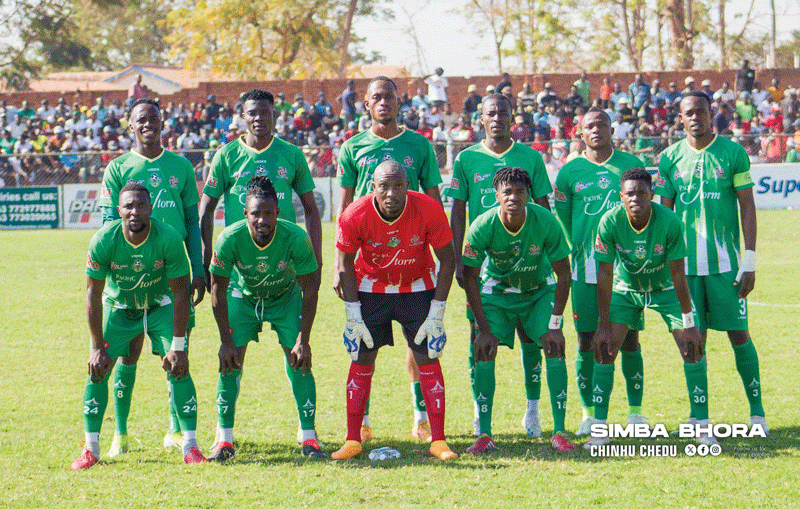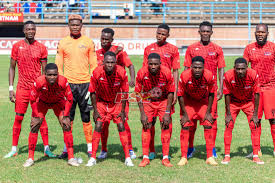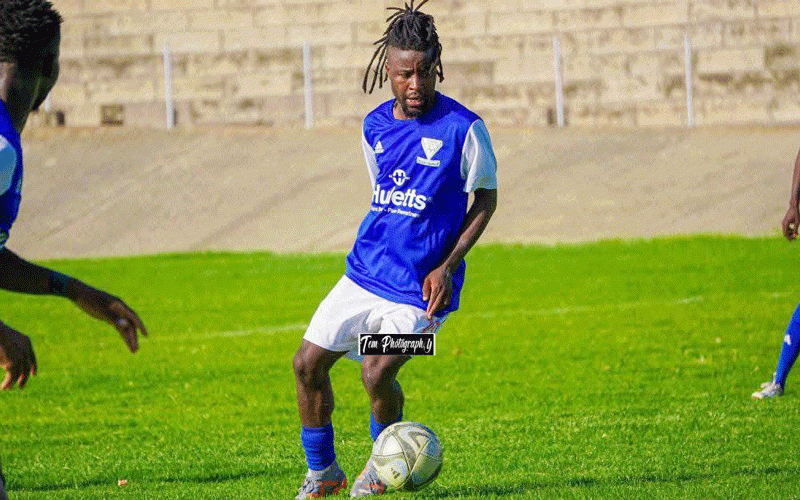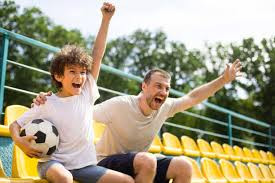
One of the hardest facts about parenting (as well as one of the joys) is that just when we as parents think that we have understood how this little wonder works she suddenly changes and we have to start all over again to try to understand what is motivating and driving her thoughts and behaviour. What is even harder is that children are different now from when we were children – Gen Z are different from Gen X! And then, just to complicate it even further, one child at that age can be entirely different from our other child when she was that age! It is hard being a parent!
But then, too, it is hard just being an adult, going about our daily life. It is hard living in Zimbabwe. It is hard, though, living in other countries too. Take for example the different weathers that people have to cope with. There might be snow and ice and slush at times. At other times, there may be light rain or heavy downpours; fog or mist (if there is any difference in them), sodden mud or sudden sandstorms, searing heat or soothing wind, not to mention occasional and unexpected gales or hurricanes, tornadoes and tsunamis, cyclones or lightning while in some countries, it seems, we can have four seasons all in one day. We have to learn to handle each of them suitably and positively.
We may be familiar with the biblical writing which declares that “There is a time for everything, and a season for every activity under the heavens: a time to be born and a time to die; a time to plant and a time to uproot; a time to kill and a time to heal; a time to tear down and a time to build; a time to weep and a time to laugh; a time to mourn and a time to dance; a time to scatter stones and a time to gather them; a time to embrace and a time to refrain from embracing; a time to search and a time to give up; a time to keep and a time to throw away, a time to tear and a time to mend; a time to be silent and a time to speak; a time to love and a time to hate; a time for war and a time for peace.” There is a time for all of the above (and more) but each of the above can be hard in its own way. And while there are all these different seasons or times, we have to be able to handle them.
Let us state, too, it is hard being a child, as we might vaguely recall from our own experiences as a child. So how can we help our children cope with all these potential extremes, as is the fundamental role of education? The goal is to make them competent (having the necessary ability, knowledge or skill to do something successfully). In that regard, following on from the above list, children need to be competent in handling successfully times of sadness as much as times of joy, in an appropriate manner. They need to learn to deal with loss and gain, hurt and health, old and new, with every situation that may come their way. They must be competent. But how?
In a word, the answer to that question lies in the word itself. We become competent by learning to compete. That is why schools play sporting fixtures against other schools to help children learn to handle all the potential different situations that will arise during the course of a match. Golfers play different courses in different conditions each week and have to adapt; tennis players play on different courts and surfaces. Sports people play individuals and teams of different abilities and styles in different competitions under different pressures so that they can still do their best, no matter what; their best is not handicapped or limited by the challenges they face. Competition in all its forms and guises helps children to be competent in all situations.
The fact is, though, that while children are competing, they are learning something much, much bigger and more important than winning a match or beating an opponent or improving their win ratio. They are learning to adapt to different situations; they are learning to be competent in every context; they are learning to do all things in all situations. They have to be confronted by all different seasons, weathers, situations, in order to be competent, to stand in the face of any scenario.
We want children to be competent so we must provide opportunities for them to compete in sports and their studies in order for them to improve their best. Children will then be complete when they compete. And the beautiful result of all this is that having become competent, having learned about how to go about handling different stages and situations at school, then children will be become adults who can handle children of all ages better than their own parents! No competition!
- Mavhunga puts DeMbare into Chibuku quarterfinals
- Bulls to charge into Zimbabwe gold stocks
- Ndiraya concerned as goals dry up
- Letters: How solar power is transforming African farms

